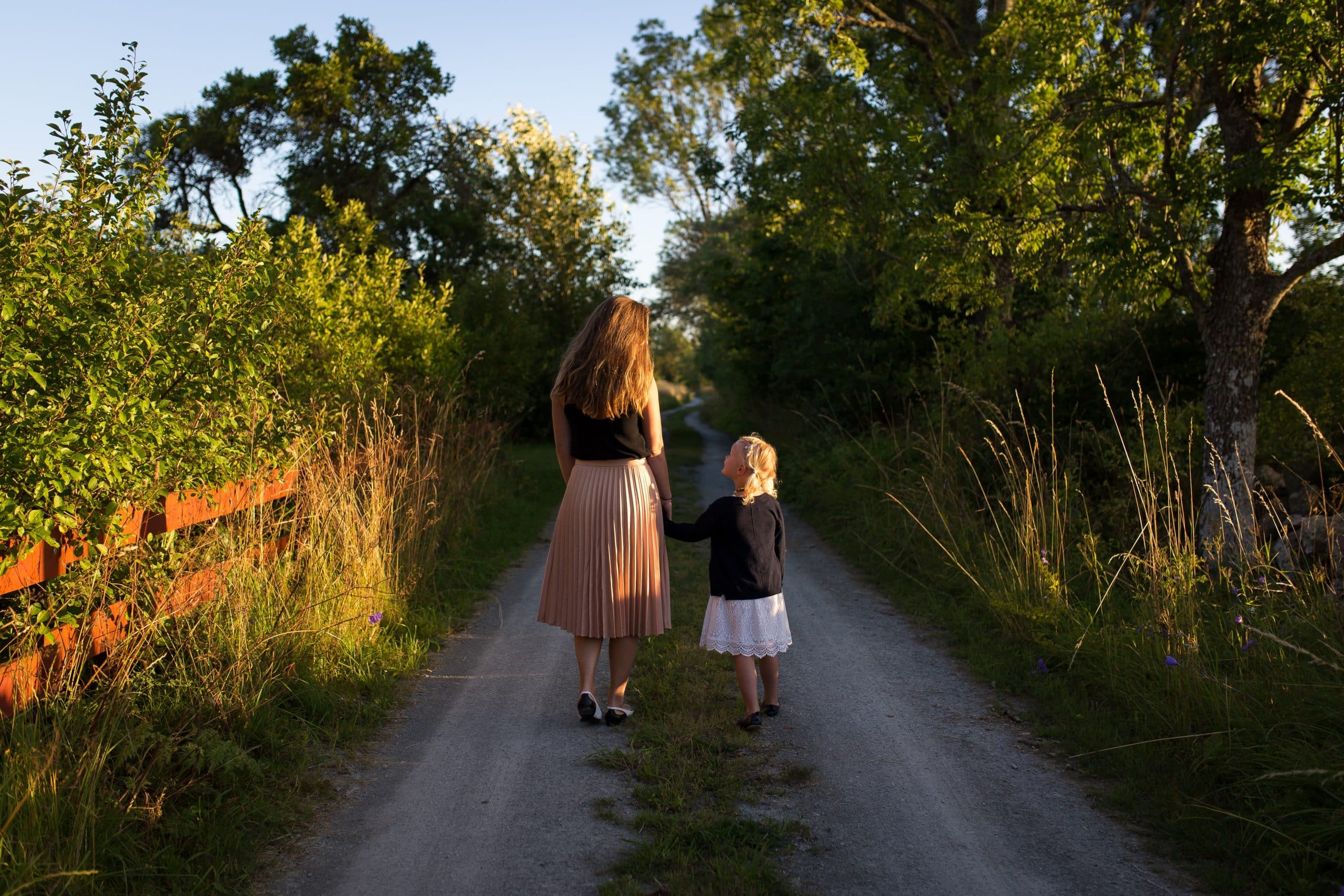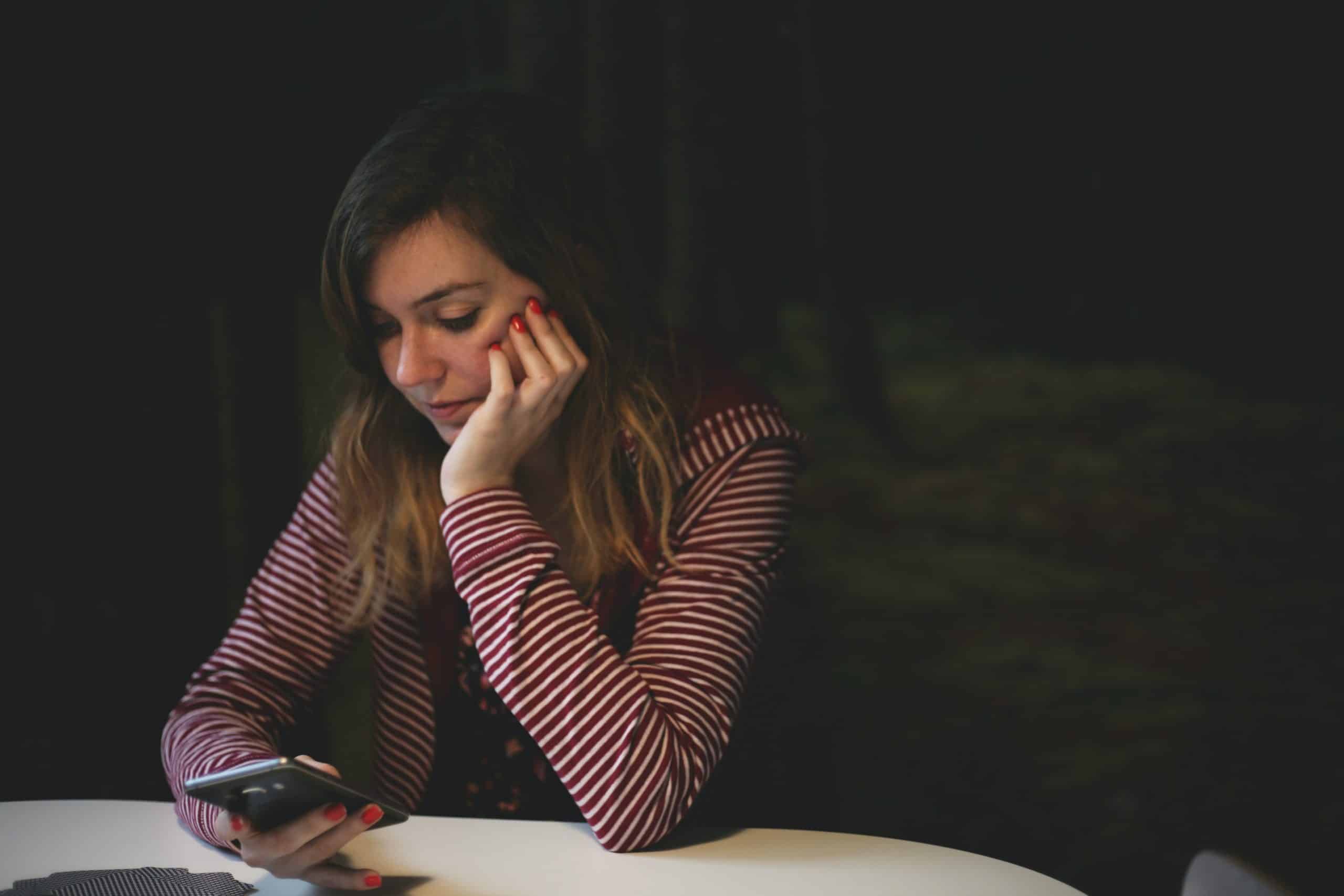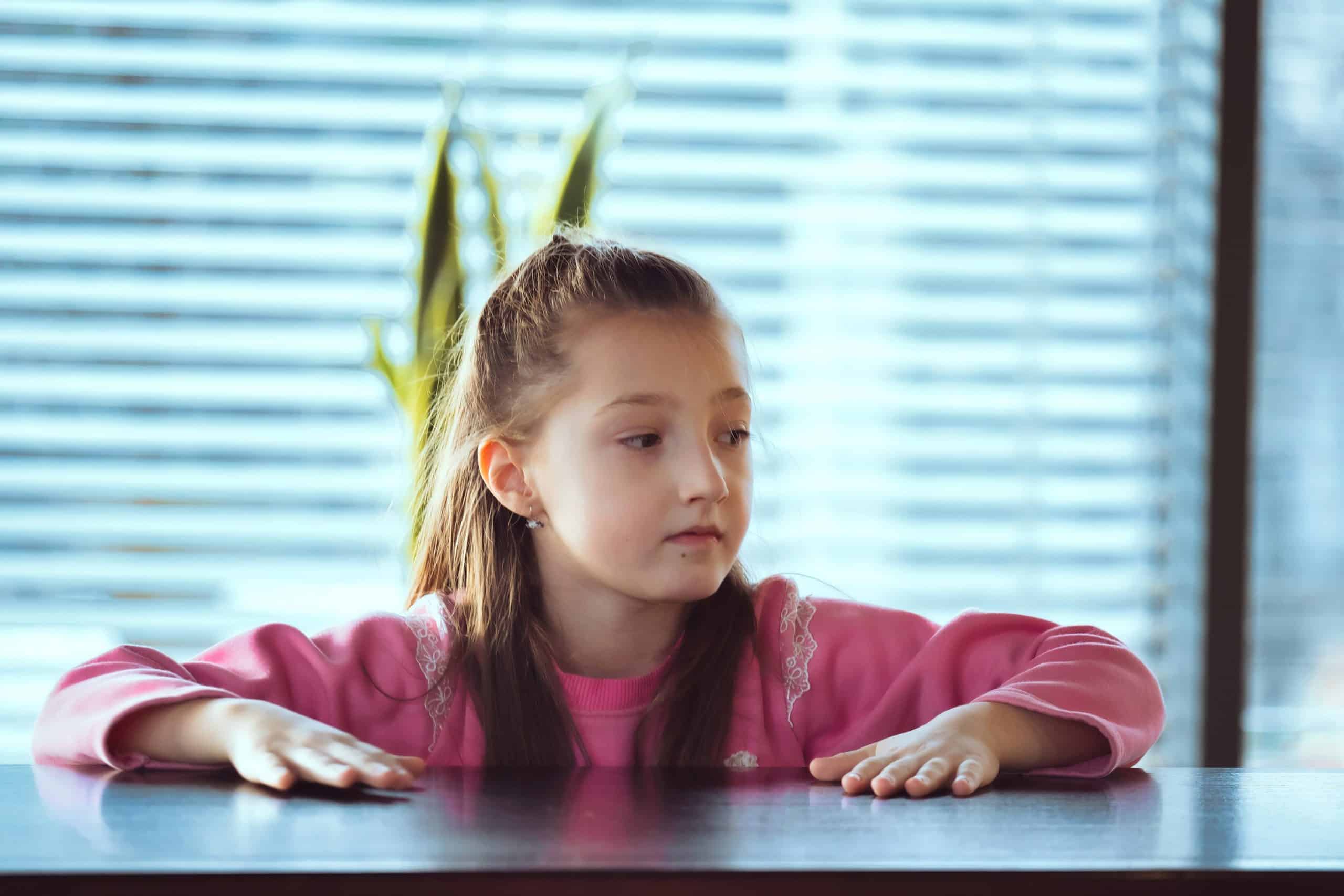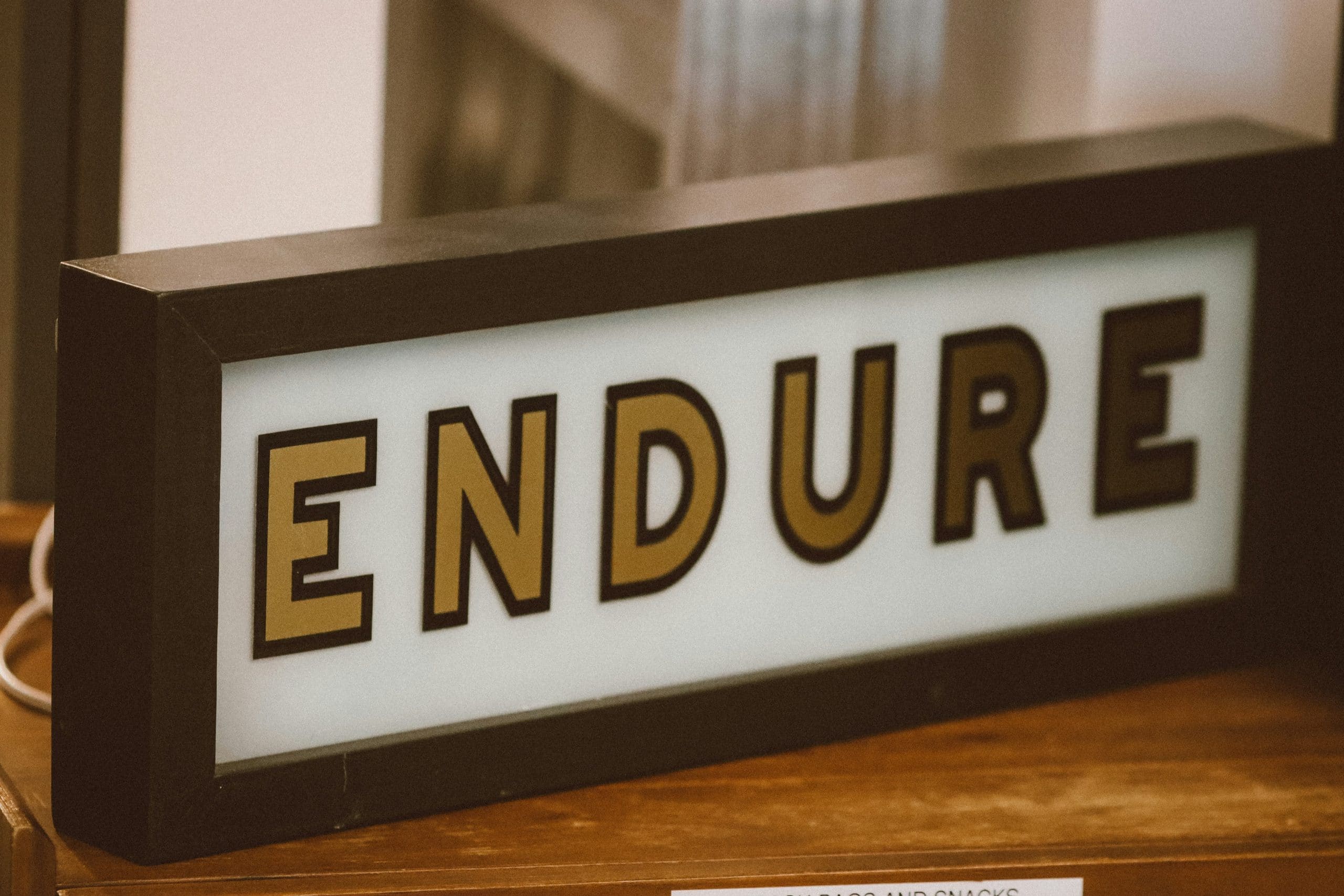
Being a parent is inherently full of surprises, and sometimes those surprises come in the form of tough challenges. On top of the standard parenting struggles like dealing with big feelings, managing busy schedules, and making sure your child eats more than chicken nuggets and macaroni and cheese — imagine having a child who wets the bed and has frequent poop “accidents” as well. Sometimes, finding help can feel like you’re trying to put a puzzle together, but you’re missing the pieces.
In today’s blog, we’re diving into a real-life story of a parent who braved the confusing world of pediatric pelvic floor issues with her daughter. Picture a journey with ups and downs, dead-ends, a few confusing turns, and a mother determined to discover answers for her child in need. We interviewed Stephanie*, mom of Ellie*, who has dealt with constipation, enuresis and other pelvic health issues over the past decade.
Join us as we interview Stephanie and unravel her struggle to find the right support, celebrate her victories, and discover important lessons she’s learned along the way. This story is a source of encouragement for parents facing the tricky road of pediatric pelvic floor issues — and an inside scoop for practitioners helping parents navigate as well. Let’s dive into the interview:
Q: Describe what it was like learning your daughter had bowel and bladder challenges, and learning the things she was experiencing weren’t “normal.”
A: “When my daughter was around 3, she was done potty training, and then she started to have random pee accidents. Around the time she turned 4, I reached out to her pediatrician and was told it was probably just a ‘potty training regression’. Over the next couple years, Ellie continued to have more frequent and larger quantities of accidents, and she was ultimately diagnosed with enuresis at age 6. The experience was extremely frustrating because I was told she would just ‘grow out of it’.
Her issues were primarily with nighttime — she wet every single night. Once she started having regular daytime issues, I realized this was a problem. Her teacher had called me during school one day and told me Ellie had an accident. I knew my daughter had a problem. I went back to her pediatrician who was no help.
I was searching the internet for answers and discovered Dr. Steve Hodges. I learned how constipation can cause bladder issues, and shared this new information with our pediatrician. He said casually, ‘Oh, yeah, that’s a possibility’.
It made me so sad and frustrated that her issues weren’t addressed at 3 or 4 years old, when they began. I learned that her rectum was stretched for so many years. I am a problem solver and researcher, so with new information I dug into learning how to help my daughter.

I started with Dr. Hodges’ recommendations about an osmotic supplement and then we took the “bottoms-up” approach. I had no support from our pediatrician — he didn’t know anything about Dr. Hodges or the M.O.P. Protocol. I had to do everything on my own, and I felt really alone.
The experience of treating my daughter’s enuresis with very little support, I feel like it robbed me of the joy of motherhood. It was a huge focus of my life and an extremely challenging time. If I could change anything about my experience, it would be my education — knowing about her diagnosis earlier, I would have been able to do something about it sooner. I know it would have been so much easier to treat when she was younger.”
Q: What specific things did you try to help resolve your daughter’s issues? What ultimately worked?
A: “We initially tried dietary changes — gluten free, dairy free, etc. Magnesium Oxide did work to get her bowels regulated, but it didn’t resolve her enuresis. We saw a pelvic floor physical therapist who was somewhat helpful, but she didn’t have pediatrics experience. She helped with Ellie’s daytime enuresis because she taught us about interoception. Ellie learned how to be more aware of her body and how it functions. The most helpful ‘homework’ was to have Ellie wear a dress and no undies while at home — this helped her have better awareness when she leaked.
Although daytime issues got better, nighttime wetting persisted. I started the M.O.P. by Dr. Hodges, but was navigating without much support and we still had issues.
The thing that ultimately resolved her nighttime issues was a bedwetting alarm-based system. I have to say, we are still working through her constipation, it’s a lifestyle. But Ellie is 99% enuresis-free.”
Q: What were your initial goals going into therapy? Did you ever feel like you had difficulty expressing your goals or concerns with any of your providers?
A: “My goal for consulting a pelvic floor physical therapist was to learn how to help my daughter overcome her enuresis and constipation. We had some difficulties because that pelvic floor therapist didn’t have pediatrics training. She reached out to Dawn Sandalcidi, the Kids Bowel and Bladder founder, for help. Unfortunately, she said there wasn’t much she could do to help us without additional training. Her knowledge was limited.
In general, I would say my biggest challenge in dealing with different practitioners over the years was — I had so much data to share because I am a researcher and I take notes and keep track of everything so well. I would provide everything I had to a new provider, and I didn’t know if they truly had the time to sort through all the information and really grasp and understand where we were at, what we had tried so far, our current challenges, etc.

I guess this is common with most medical professionals — the quality time is lacking because everyone is overworked. I also wondered if providers truly understood the importance of dealing with these issues in a timely manner.”
Q: Could you tell the readers a little bit about your experience with Dawn? How did she help you from afar?
A: “I came across Dawn’s website, probably through Dr. Hodges as we were working through the M.O.P. protocol. I could tell immediately that Dawn knew her stuff and seemed genuinely helpful. I reached out to her on a whim. She wasn’t able to provide medical advice being an out-of-state provider. She let me know that if I could find a pelvic floor or pediatric therapist locally, they may be able to consult with her and help.
I appreciated Dawn’s creative way of working with us — we set up a Zoom call in the pelvic floor PT’s office. Dawn provided guidance to the PT as best she could. I’m grateful she was able to work with us remotely in a coaching sort-of way.
I feel like with pelvic floor therapy it’s really important to have in-person help, especially for the initial evaluation. Dawn walked our PT through the evaluation on Zoom, which was really helpful.”
Q: How many providers did you see before finally encountering Dawn?
A: “We saw one Pediatrician, two Naturopaths, one Dietician/Nutritionist, and one Pelvic floor Physical Therapist for an online consultation. I realized it was too hard to tackle this remotely, which is when I got in contact with the local pelvic floor physical therapist who worked with Dawn. We saw a Pediatric Physical Therapist locally as well, but she didn’t have any pelvic floor experience. We also saw an Occupational Therapist and a Homeopathic Doctor at some point too.”

Q: How did you know Dawn was the right person to help you? Is there anything she did that other therapists might be able to learn from (and help more parents in your shoes)?
A: “I knew Dawn would be able to help us after I read her website and saw how knowledgeable she is with these conditions. I have no doubt that if we were living near her at the time and could have seen her in person, she would have been able to totally resolve things a lot faster than I did sort-of on my own.
What I love about Dawn is how she has knowledge in so many different facets – medications, pelvic floor muscles — she just so much knowledge. She looked at the whole picture — every aspect of my daughter’s enuresis. Any good doctor does this, I just feel like Dawn had such a unique perspective. Especially as compared to a Pediatric GI doc, for example. All they really had to offer were medications. What people really need are lifestyle suggestions and changes that usually entail multiple areas of focus, not just one or two pieces of the puzzle.”
Q: Did you ever feel like what your daughter needed and what you were able to provide weren’t a match? If yes, how so?
A: “Overall, I feel like I was able to provide what she needed because I am a problem solver and really focused when I encounter an issue. If I had to say there was something I wasn’t the best at, it would be emotional support. I tried not to make a big deal out of my daughter’s issue or focus too much on it, but that is kind of my personality. So if there was anything I could change or do differently, I would have been more relaxed — still proactive, but not overly focused.
I guess I can still tell myself that now, as a gentle reminder. Before we started any treatment, before I knew how to treat her, the pediatrician said it was just a potty training issue and she would outgrow it; I feel like if there was ever a time I wasn’t able to provide what she needed, it was then. Because I didn’t know at the time.”

Q: How did having a child with bowel/bladder issues affect your daily life or routine?
A: “Like I said, I feel like it has robbed me of the joy of motherhood. I do struggle with health anxiety — I tend to be a little more overly focused on health challenges more than the average mom. It was always on my mind; I worried about it; I didn’t want to veer from our routine even a little bit.
At home I knew we had predictability with potty times and working through the accidents. For me, it was a matter of — it kind of controlled our day-to-day life and what we did.
As for my daughter, she was younger when these issues started and she didn’t seem bothered by it. I know Dr. Hodges says all kids are bothered…
When her 1st-grade teacher called me to pick her up for a pee accident, I do think Ellie was embarrassed by that. As she got older, I think the nighttime enuresis did affect her confidence. We aren’t a sleepover family anyway, but I wouldn’t have wanted to send her to a sleepover or overnight camp in pull-ups just because of how embarrassing it could be.”
Q: Many providers are aware that kids’ bowel and bladder issues can have an effect on a child’s psychological well-being, but could you talk about the effect on your own mental health?
A: “My emotional well-being as a parent dealing with incontinence challenges —my daughter’s health issues were very heavily dominating. Something I struggled with for a long time, minor anxiety — it was magnified after becoming a mother, parenthood magnified it. You’re taking care of a little child now.
Some health issues, like ear infections, you worry about your child but it’s not a daily, ongoing issue. Accidents, pooping, constipation — these are day-to-day, chronic issues and the fix isn’t as simple as taking a medication and knowing everything would be fine. Enuresis and constipation impacted my emotional well-being negatively, they impacted the joy of motherhood. It became my full focus.
It was a huge challenge, and still is in some ways because I am still worried about it. My daughter still deals with chronic constipation and while she’s accident-free, I’d say I have a little PTSD. It’s always in the back of my head — what if she gets backed up again, what if she starts having accidents? I know this is a challenge that will continue, but I am working through it, praying, and giving it up to the Lord that my daughter is okay and she will be okay.”
Q: Do you feel equipped to manage your daughter’s enuresis and constipation long-term?
A: “Her constipation — it’s such a complicated health condition; I have to say that no, I don’t feel 100% equipped to manage it. I am totally familiar with all the different medications and their functions, but my goal has been to wean her off the medications completely. I feel like I could still use some support in that area, honestly. It’s difficult when you don’t have a trained provider locally. As for her enuresis, I have talked to Dr. Hodges and he says that the more time that goes by, the less her chances of a relapse.

I worry about it — if I don’t keep a handle on the constipation, will the enuresis return? If it does, I do feel pretty knowledgeable with the M.O.P. protocol. That’s probably what I would do. I feel equipped in that sense, yes.
Q: What advice do you have for parents dealing with similar constipation and enuresis issues?
A: “The biggest thing is to not give up, keep on trying. There are treatments out there, but every child is different. What works for one isn’t going to work for another. Dig deep to find the root cause — and that’s also different for every child. There’s just so much to explore, from emotional causes to physical causes, dietary contributions, and so much more.
My main piece of advice to parents in the thick of things is don’t give up. There is a light at the end of the tunnel, and there are so many parents who have been through this and got through it. I’d also recommend trying to find a practitioner who wants to help your child; I really think the best professional is a pediatric pelvic floor therapist because they have so much knowledge. Dr. Hodges’ website has a directory of providers that will work with you through the M.O.P. program. Those are the best therapists because they are familiar with Dr. Hodges’ protocol and other things that may help. Keep on keepin’ on!

I also think something that could help children going through this is knowing how many other kids are dealing with it. When you’re going through it, it seems like you’re the only one. I am really glad we worked through it relatively early.
I wish we would have started as soon as the issues started; I think it would have resolved faster and not affected our daily lives so much, but I’m also so grateful we started treatment when we did; now Ellie’s 10 and not having the challenges, and I just can’t imagine what it would have done to her to be a pre-teen already struggling with self-confidence due to normal preteen girl stuff, and have these issues on top of everything else.”
Stephanie — on behalf of my community of pediatric pelvic health pioneers, Thank you for sharing your story. You have so courageously and openly shared about your experience. I think it’s so important for your voice to be heard, and shared. Thank you again for your time!
Providers — if you enjoyed this blog, you’re welcome to review my courses with Dr. Hodges. The first is from 2022 and an update from 2023 is available as well. And for those ready to take the leap and sign up for my Peds Level 1 Course so you can help parents like Stephanie, click the link below to get started.
*Names changed for privacy reasons
